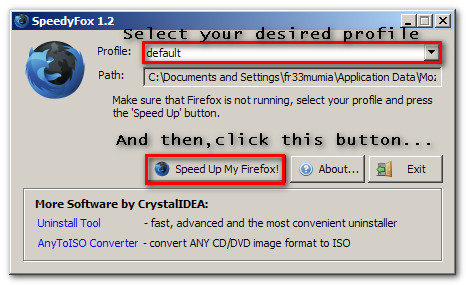First try updating Your Drivers
If you're thinking of replacing your card because you're having problems running a certain game, make sure you have the latest version of the drivers for your current graphics card. You will find the latest drivers for your card available for download from the manufacturer's Web site.
Hardware Transform and Lighting
This has been a standard feature in game-oriented video cards for quite a few years, but there are still PCs around that don't have it. These are usually systems with Intel graphics integrated into the motherboard, commonly used in budget laptops and desktops designed for office use. If your desktop doesn't have hardware T&L and you have a graphics card slot available, adding a newer graphics card could be an option.
Power Consumption
Many cards designed for gaming require a considerable amount of power, and they often have additional power connectors on them because they can't get enough juice through the slot itself. They also require a relatively good power supply, especially for SLI and Crossfire systems with dual video cards. If you're upgrading to the latest high-end card, you may find yourself upgrading your power supply as well. Power requirements are usually stated in the graphics card's specifications.
Enhanced video playback:
Newer graphics boards have technologies--such as ATI's Avivo and nVidia's PureVideo--that enhance DVD playback, particularly at high-definition resolutions. Similar to what high-end DVD players do, Avivo- or PureVideo-equipped graphics boards can deinterlace images (remove artifacts) and scale them to fit your monitor.
Important:
Bus
Most PCs now have the faster PCI Express rather than the older AGP slots, but choose whichever interface your PC supports.
Chip Set
After the interface, deciding on a chip set is your next major decision.
Installed RAM
With more video memory, your graphics board can hold more image data, leading to faster rendering of textures and 3D graphics
Graphics Processor Clock Speed
While the clock speed of the graphics processor is a good overall indicator of how fast it will render 3D graphics, the high cost associated with top-of-the-line processors is no longer an absolute indicator of performance. The same holds true on the low end.
Monitor Ports
All new graphics cards have two display connectors for hooking up two monitors; and most have at least one DVI port. Still, for the maximum image quality on two LCD screens, you want to make sure you have two native DVI ports, though in a pinch a DVI port can connect to a VGA display if you have a DVI-to-VGA adapter (often included with the board itself).
Slots Occupied
Before you buy a huge graphics card, make sure you have the room inside your PC to fit it. Some cards take up the space of two PCI Express slots.
RAM Type and Speed
Graphics boards come with different flavors of memory--DDR2 and DDR3 being the two most common ones right now. The newest cards have an even faster DDR4 memory. While in theory DDR4 memory is faster than DDR3 memory, other factors on a board also affect performance. The same logic goes for RAM speed.
compare different VGA cards 9:13 PM
9:13 PM
 avinash.pudota
avinash.pudota


























































